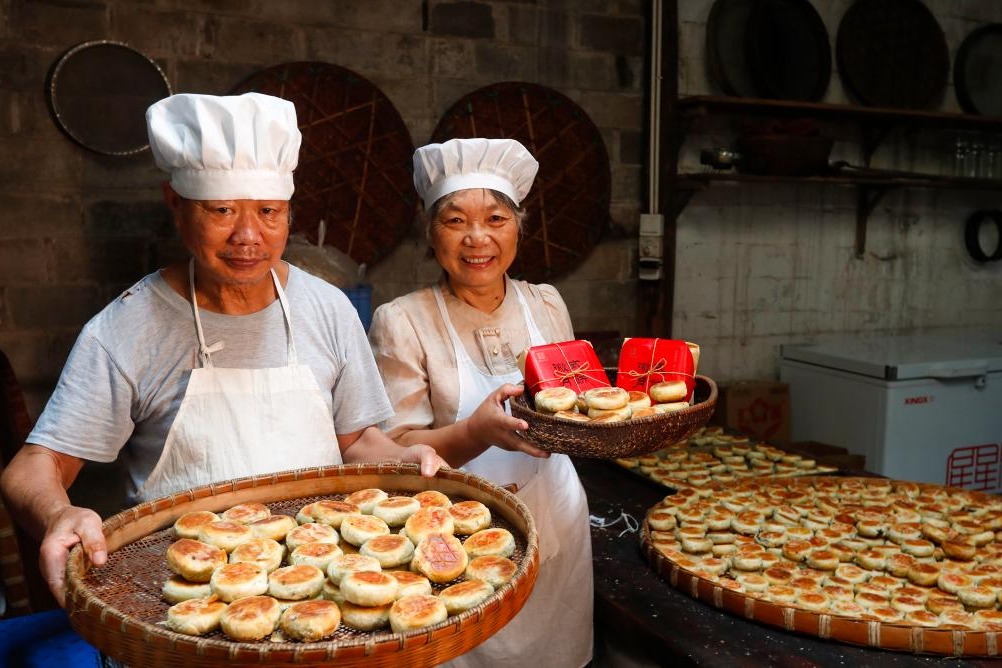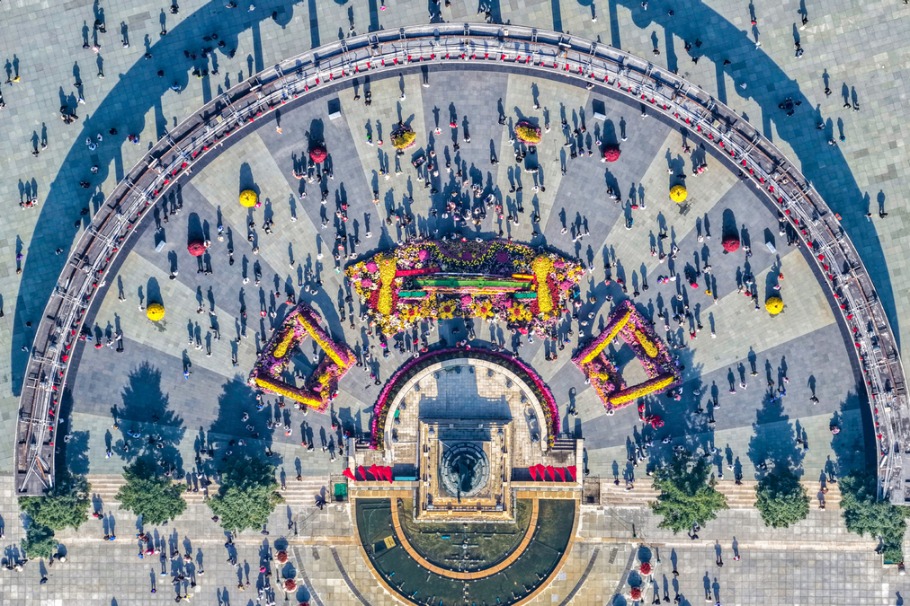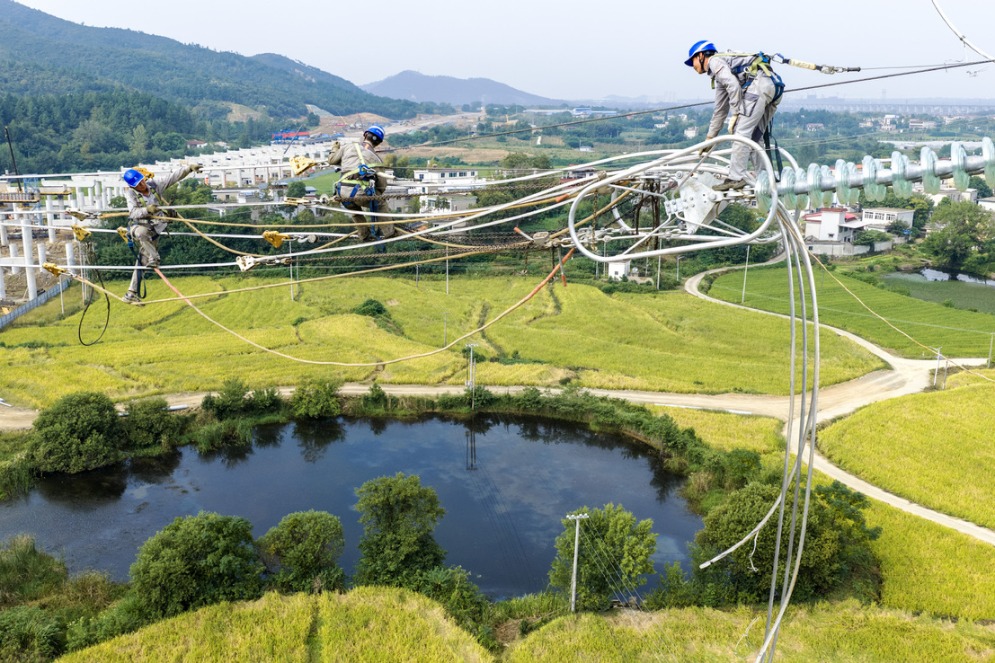Philippines sees GBA, RCEP as sound bets

Describing the 15-member-nation Regional Comprehensive Economic Partnership as a "game changer" for the Philippines, Alferez said joining the world's largest free-trade agreement will translate into an additional 1 percent in the country's GDP growth and will likely reduce poverty by roughly 5 percent by 2030, citing economic studies.
A major benefit of the RCEP to the Philippines is that "it will keep us in the regional and the global supply chain", enabling its small and medium-sized enterprises to enjoy more trade facilitation policies and enhance their global competitiveness, he said, adding that the RCEP free-trade agreement accounts for 51 percent of the nation's exports, around 68 percent of its imports and 58 percent of its foreign direct investment.
The Philippines has yet to ratify the RCEP, which came into effect on Jan 1. "Given the strong support from our policymakers, the business community and academia, I think we can expect our Senate to finally provide the concurrence to complete the process of ratification in the first quarter of this year, hopefully, before the upcoming national elections in May," he said.
- Vibrant China during holiday: Rural charms cast their magic
- Strong typhoon triggers safety measures in south
- 5 dead after entering abandoned mine in East China
- Andersson seizes victory in Shanghai F1H2O showdown
- Red alert as Typhoon Matmo makes landfall in South China
- New reception hall aims to transform Guangzhou into international trade hub





































